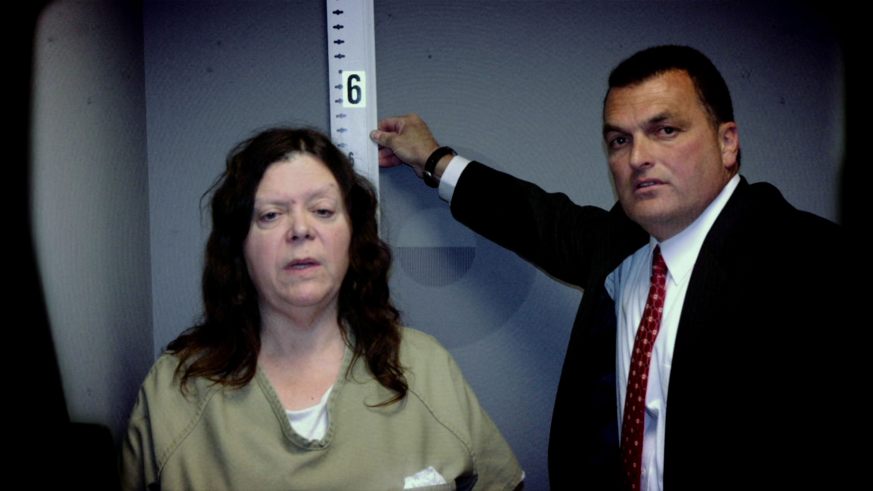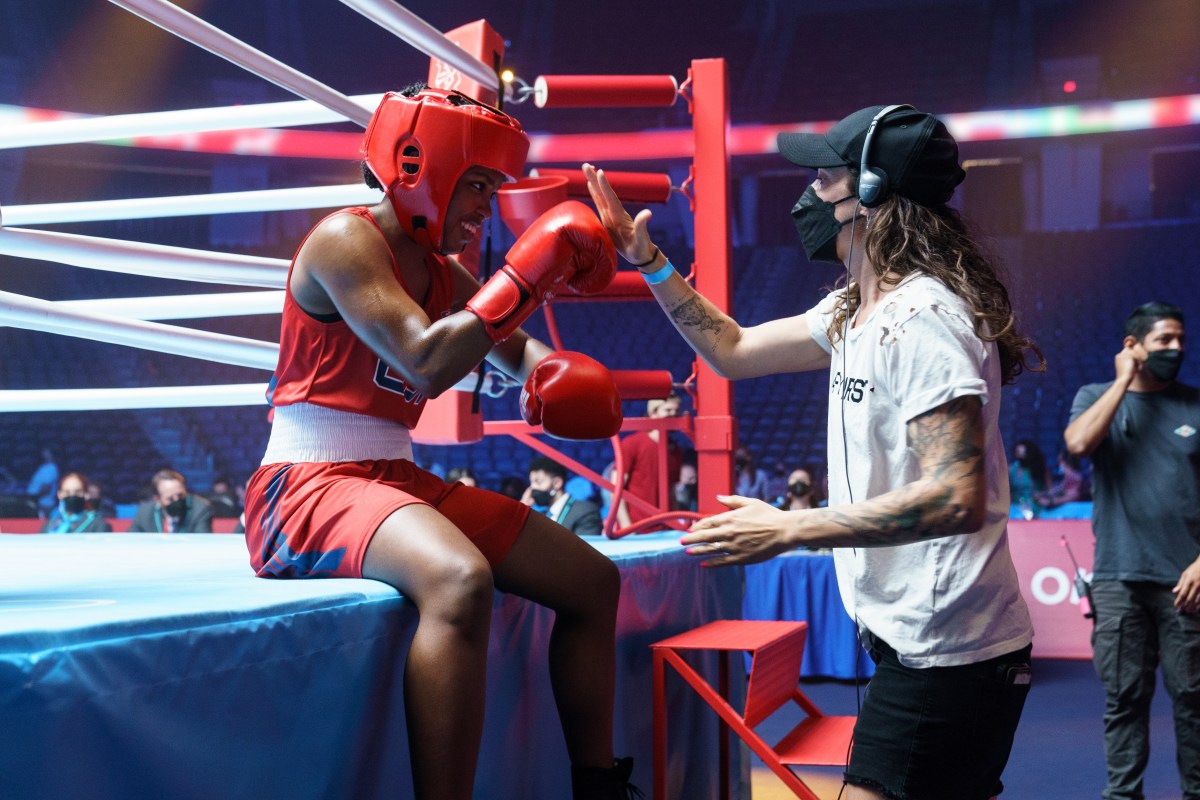Those of you that have watched Netflix’s latest crime documentary “Evil Genius” will be well aware of the conniving and unstable Marjorie Diehl-Armstrong, one of the leading protagonists in the tragic story of Brian Wells’ death.
That’s exactly why it was so brave that co-director Trey Borzillieri spent so much time interviewing her. I recently had the chance to talk to Borzillieri about “Evil Genius,” during which time I asked the filmmaker what it was like to speak to Diehl-Armstrong.
“Basically, when I began knocking on doors about the case there wasn’t a lot of coverage of Marjorie at that time. So when I reached out I was hesitant to say the least. Just from looking at her in the photos.”
“But she turned out to be someone I couldn’t have even imagined. She was scary. She was fascinating. Dark and dynamic. The more I got to know her the more forthcoming she was. So we were able to have a relationship.”
“But obviously she was a sociopath. Which made her a great liar. That along with her other mental issues. Like paranoia, mania, personality disorder. She was a tough woman who was constantly manipulating everyone in her path to get her own way.”
“That was her agenda. Because she was a narcissist it was easy to get her to talk. But difficult to correct her. When she had any opposition, even a difference in opinion, she would approach it with reptilian indifference.”
This then provoked Barbara Schroeder, Trey’s co-director on “Evil Genius,” to add, “Trey had to endure hours upon hours of verbal assault from Marjorie. He withstood that just on the chance that he might be able to get some truth out of her. “
For Trey, taking on Armstrong was a “battle of wits.”
“I had to build a rapport with her as anyone would in any relationship. I made her aware that I wasn’t necessarily judging her at that time.”
“You are very much in body at times. Because remember she can go at any time she wants. She could hang up and never call me back. Or never reach out to me by mail. Or lose our connection.”
“I was very aware of her efforts to manipulate me. But in the end, as you will see, it was all worth it.”
“I think that Trey did outplay her and outwit her in a way,” added Schroeder. “Because on the one hand she will yell at Trey and say, ‘You better not say that or I will sue your f****** balls off’.”
“And then in the next conversation she ends it with, ‘Love you.’ Which was something Trey never said to her. Obviously. It was clear that she felt very comfortable with Trey. I think that comfort and reliability allowed her to open up.”
Trey believes that getting to Marjorie “so early on, before she was labelled a suspect in public” was the key to his success.
“I became like a sounding board to her. She felt comfortable and I let that happen. When the time was right, because I had prepared properly, I would spring on her opinions and ideas and try to get her to open up.”























